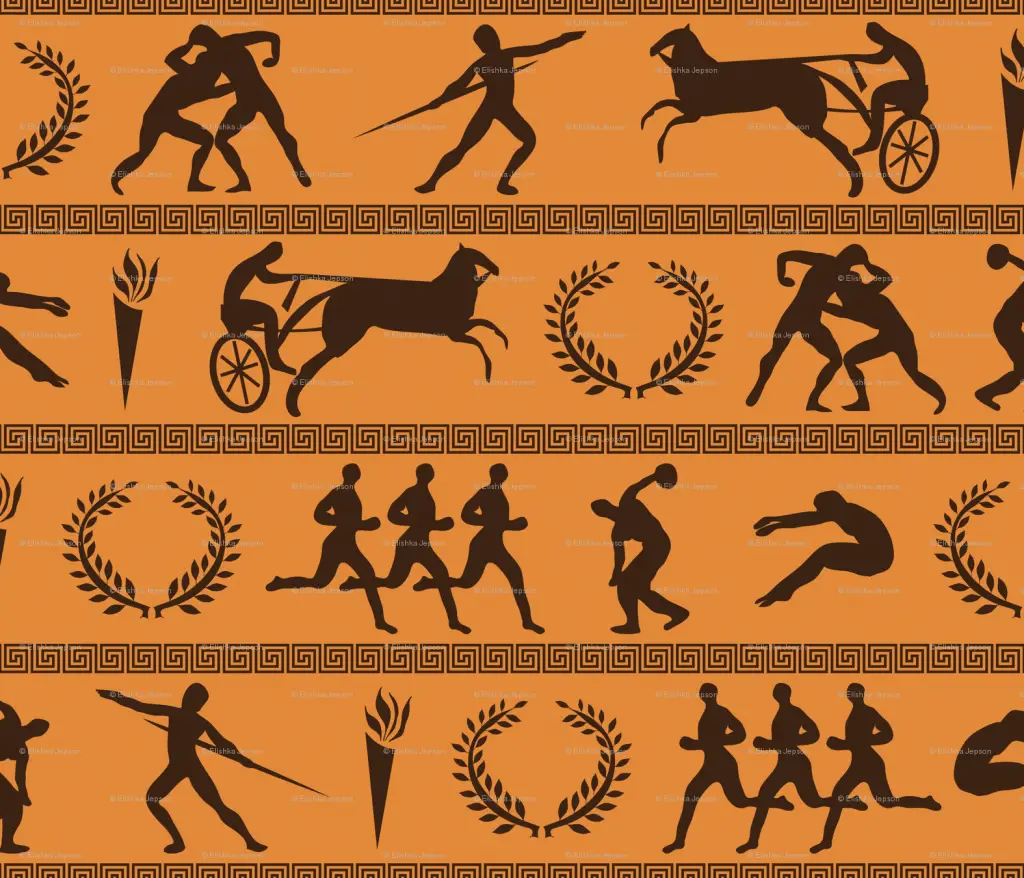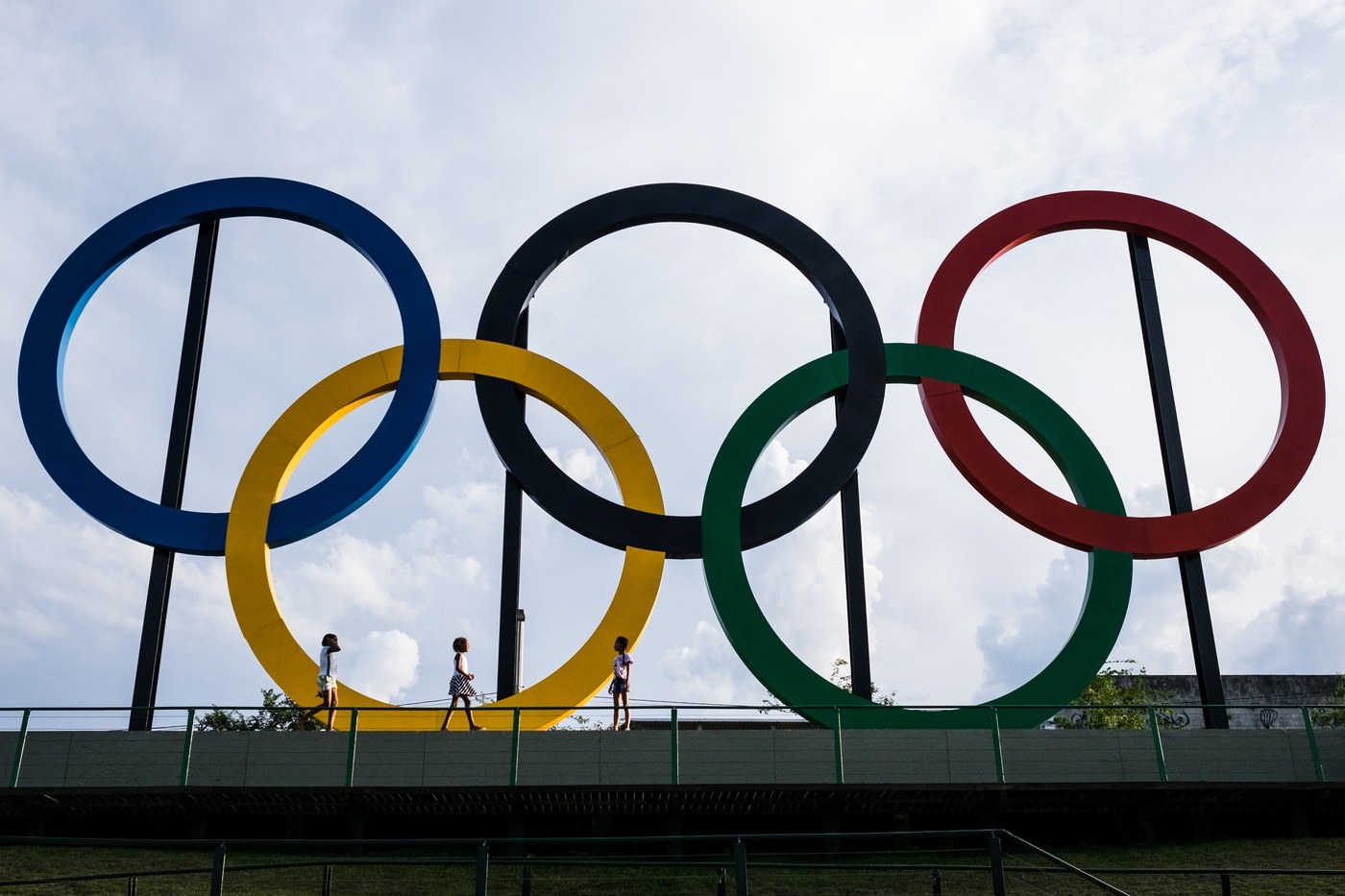The Myth of Olympic Peacemaking
Though predicated on the idea that the competition brings countries together, if often does much more to divide them.
By Maya Merberg, SUNY Geneseo
The Olympics are the ultimate endpoint for serious athletes and the hallmark of modern sports.
Millions of people across the world tune in every four years to be entertained and inspired, marvel at gymnasts defying physics, and feel bad about their own bodies. The Olympics have been a cultural staple for so long that everything they entail is just kind of accepted.
The games are pushed as advancing global unity and bringing people together in the name of athleticism to momentarily forget about political international differences, but is this what ends up happening? Competitors spend grueling hours preparing for their respective games, and they are bound to go to extreme lengths to win. Does an environment of pure competition and rivalry really bode well for international relations?
Let’s take a brief look at the history books.
The ancient Olympic games, on which our current day events are modeled, were based off of Greek mythology.
 Their primary purpose was to honor the Greek gods, specifically Zeus. But the reason this worshipping took the form of athletic competition was that the Greek city-states were constantly battling for dominance and resources. A given city-state would send men to Olympia as representatives as a chance to show the others how powerful and superior it was. This competition ties in to the religious aspect of ancient Greek culture because they believed that the gods supported and celebrated winners. As researcher Dr. Stephen Instone puts it, “By establishing a competition aimed at producing supreme winners, they were thereby asserting the power and influence on humans of the supreme god, Zeus.”
Their primary purpose was to honor the Greek gods, specifically Zeus. But the reason this worshipping took the form of athletic competition was that the Greek city-states were constantly battling for dominance and resources. A given city-state would send men to Olympia as representatives as a chance to show the others how powerful and superior it was. This competition ties in to the religious aspect of ancient Greek culture because they believed that the gods supported and celebrated winners. As researcher Dr. Stephen Instone puts it, “By establishing a competition aimed at producing supreme winners, they were thereby asserting the power and influence on humans of the supreme god, Zeus.”
The actual games of the ancient Olympians were not just competitive, but quite brutal. Besides distance races, jumping competitions and discus, there was also boxing and wrestling, and “pancration,” which “combin[ed] all types of physical attack.” The latter was a popular sport with few rules, and competitors often bit each other and poked one another’s eyes.
Sure, the Olympics are different now than they were in ancient Greece. Participants no longer compete naked or sacrifice 100 oxen to Zeus. But they do sacrifice time, money and other obligations in their lives just to beat their opponents from other countries. This creates an almost aggressive environment—the culmination of which is televised to spectators who participate in their own way by cheering on their countries. It all adds up to propagate a competitive global culture. Just as the ancient city-states struggled to assert power and supremacy over one another, so too do modern nations.
The modern Olympics are lauded as being welcoming of diversity and a drive toward international unity. Part of what propagates this idea is the symbol of the event—the five interlocking rings. The original designer of the Olympic flag said that the six colors it showed were meant to represent the colors of every country. He wrote, “The blue and yellow of Sweden, the blue and white of Greece, the tri-colors of France and Serbia, The United Kingdom of Great Britain & Ireland, America, Germany, Belgium, Italy, and Hungary, and the yellow and red of Spain, are placed together with the innovations of Brazil or Australia, with old Japan, and with new China. Here is truly an international symbol.”
The Olympics do, in some ways, seem to effectively bring people together. People from different countries with vastly different cultures come together—physically, at least—to attempt a common goal. Also, it seems like the games are effective at uniting people within a country. Watching the Olympics evokes intense pride and nationalism.
That may be a good thing for less developed countries, or those with internal division or strife, but generally speaking, intense pride and nationalism haven’t historically been known to repair international conflict (e.g. World War I, World War II, etc.). The last thing the most powerful countries in the world, like the U.S., need is another catalyst to set off their enthusiasm for their own countries.
Besides, athleticism doesn’t mean as much in contemporary society as it did in ancient Greece. Countries that compete in the Olympics send their best athletes to the games, and participants—many of whom, by the way, are practically kids—are pitted against each other for days at a time. But winning or losing doesn’t, or shouldn’t, mean as much to an entire nation as it does to the individual athlete. Michael Phelps may have trained for his whole life to win the gold medal, but none of us did anything to help him. Regardless, conflict among nations is too nuanced and fragile to be solved through brute athleticism. I’ll reconsider my stance when the events include a heated debate in political discourse.
So it seems like the Olympics create a pretense of global unity while possibly actually contributing to division in reality. Take, for example, the recent scandal involving U.S. swimmer Ryan Lochte. Lochte apparently lied on national television about being robbed while out in the city of Rio de Janeiro.
 It wasn’t true, but Rio is in fact a city that struggles with crime and similar incidents. Simon Romero of The New York Times reports that many Brazilians were “deeply insulted by the behavior of the American swimmers,” and that the event “touched off a dispute that quickly transcended sports, emerging as a point of tension between the United States and Brazil.” This perfectly illustrates how superficially the Olympics join the different nations. Any real problem or conflict does indeed transcend sports, or at least won’t be helped by them.
It wasn’t true, but Rio is in fact a city that struggles with crime and similar incidents. Simon Romero of The New York Times reports that many Brazilians were “deeply insulted by the behavior of the American swimmers,” and that the event “touched off a dispute that quickly transcended sports, emerging as a point of tension between the United States and Brazil.” This perfectly illustrates how superficially the Olympics join the different nations. Any real problem or conflict does indeed transcend sports, or at least won’t be helped by them.
Another headline in the Times about the controversy reads, “For the Spotlight? Ryan Lochte Was Ready to Do Anything.” Apparently so. Despite false pretenses, the Olympics are about entertainment, the spotlight and unfounded nationalism more than anything. They’re also about fame and money— the International Olympic Committee will exceed $4 billion in revenue this year. The Olympics aren’t solely responsible for the degradation of modern culture. It’s fine to watch them and be entertained or inspired. But let’s do it with a critical eye, and see past the façade of an innocuous global reunion.









